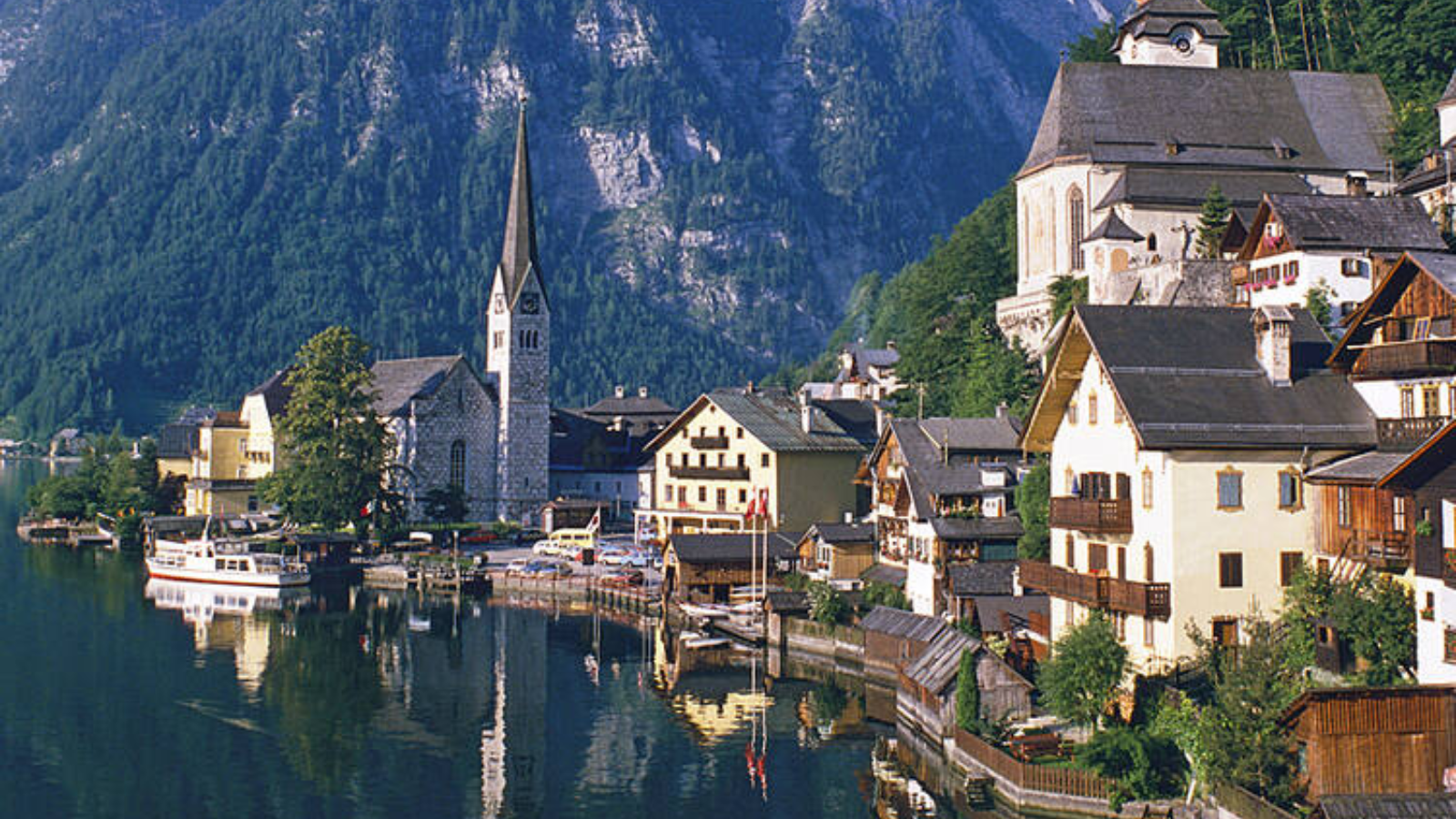Hallstatt grapples with the challenges of over-tourism, seeking a balance between economic prosperity and cultural preservation amid escalating visitor numbers.
Nestled within Austria’s pristine Alpine landscapes, the World Heritage Site of Hallstatt has emerged as a magnet for travelers seeking its unique allure. Boasting quaint historic dwellings adorning the shores of a crystalline lake, enveloped by rugged mountains, the town has witnessed a surge in popularity in recent years. While this influx of tourism has undoubtedly bolstered Hallstatt’s economic landscape, it has also sparked a fervent local debate.
With its resident count totaling just over 700, Hallstatt experiences a staggering surge of up to 10,000 daily visitors during peak seasons. As the town’s charms attract globetrotters from all corners of the world, the community is now advocating for measures to address the challenges posed by mass tourism. Among these measures is a call for stringent restrictions on the daily influx of tourists, coupled with a proposed ban on tour buses operating within the town limits after 17:00 local time.
The rise in tourism, amplified by its appearance in a South Korean romantic drama in 2006, followed by the replication of the town in China six years later, has brought considerable economic prosperity to Hallstatt. However, this prosperity has also bred contention among some locals who believe that the surge in visitor numbers has reached an unsustainable threshold.
As one of Europe’s most pronounced instances of over-tourism, Hallstatt’s delicate equilibrium has been disrupted, primarily by the influx of day-trippers arriving aboard large coaches. Seeking the quintessential selfie against the backdrop of the lake, the delicate pale grey church tower, and the breathtaking mountain vistas, visitors continue to stream into the town.
Yet, the persistent question lingers: How can Hallstatt maintain its cherished charm and tranquility while striking a harmonious balance with its newfound popularity? Much like other destinations affected by the challenges of over-tourism, such as Venice, Hallstatt grapples with the complex interplay of economic benefits and the preservation of its authentic identity.
In conclusion, Hallstatt’s journey is one that mirrors the dual nature of modern tourism: an engine of economic growth and a test of cultural sustainability. As the town navigates these uncharted waters, it seeks to secure a future where its legacy is preserved for generations to come, even as it navigates the intricate dynamics of its rising appeal.
Vicky is the co-founder of TravelDailyNews Media Network where she is the Editor-in Chief. She is also responsible for the daily operation and the financial policy. She holds a Bachelor's degree in Tourism Business Administration from the Technical University of Athens and a Master in Business Administration (MBA) from the University of Wales.
She has many years of both academic and industrial experience within the travel industry. She has written/edited numerous articles in various tourism magazines.






























































































































































































